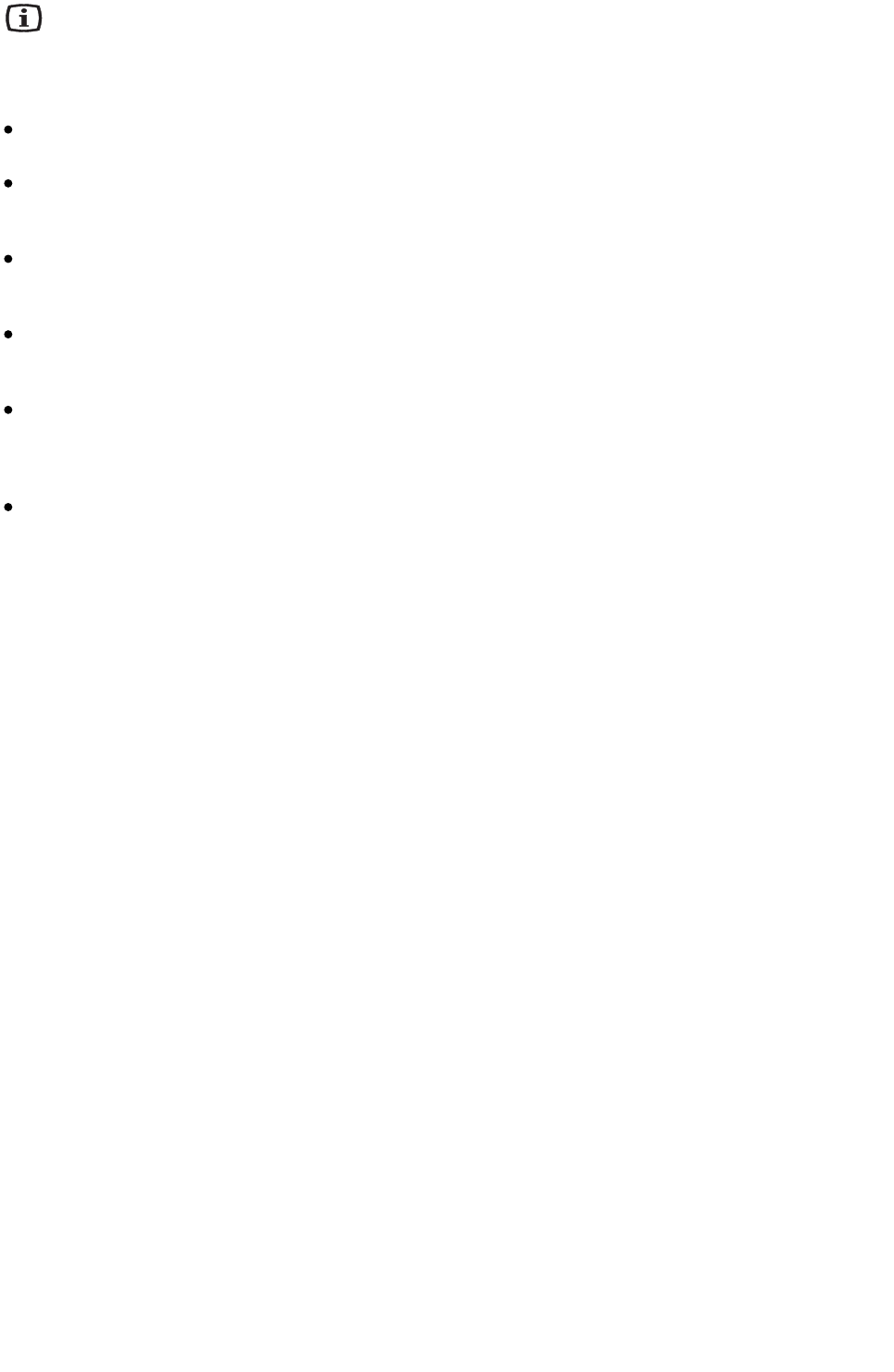
9
Hints & Tips
Energy Saving Advice
Do not install the appliance close to sources of
heat, such as a boiler or radiator.
Locate the appliance in a cool well ventilated room
and make sure that the air openings of the
appliance are not obstructed.
Avoid unnecessary frosting in the cabinet by
packing all foodstuffs into airtight packages before
placing them in the freezer.
Food which is to be frozen (when cool) should be
placed in the fridge before being transferred to the
freezer.
Try to avoid keeping the door open for long periods
or opening the door too frequently as warm air will
enter the cabinet and cause the compressor to
switch on unnecessarily.
Ensure there are no obstructions preventing the
door from closing properly.
In the Event of a Power Failure
If there is a power failure during the storage of
frozen foods, keep the door closed. If the
temperature within your freezer should rise, do not
refreeze the food without checking its condition.
The following guidelines should assist you:
Ice Cream: Once thawed should be discarded.
Fruits & Vegetables: If soft should be cooked and
used up.
Breads & Cakes: Can be refrozen without danger.
Shellfish: Should be refrigerated and used up
quickly.
Cooked Dishes: i.e. casseroles should be
refrigerated and used up.
Large Pieces of Meat: Can be refrozen providing
there are still ice crystals remaining within them.
Small Joints: Should be cooked and can then be
refrozen as cooked dishes.
Chicken: Should also be cooked and refrozen as a
fresh dish.


















